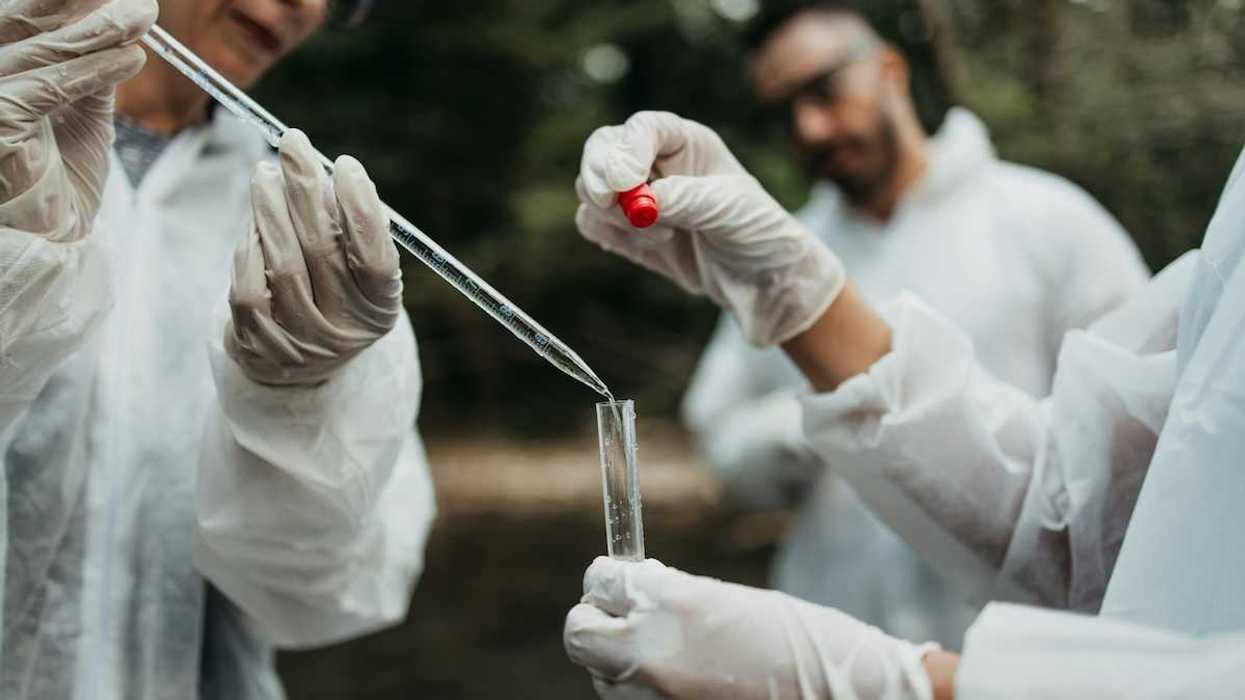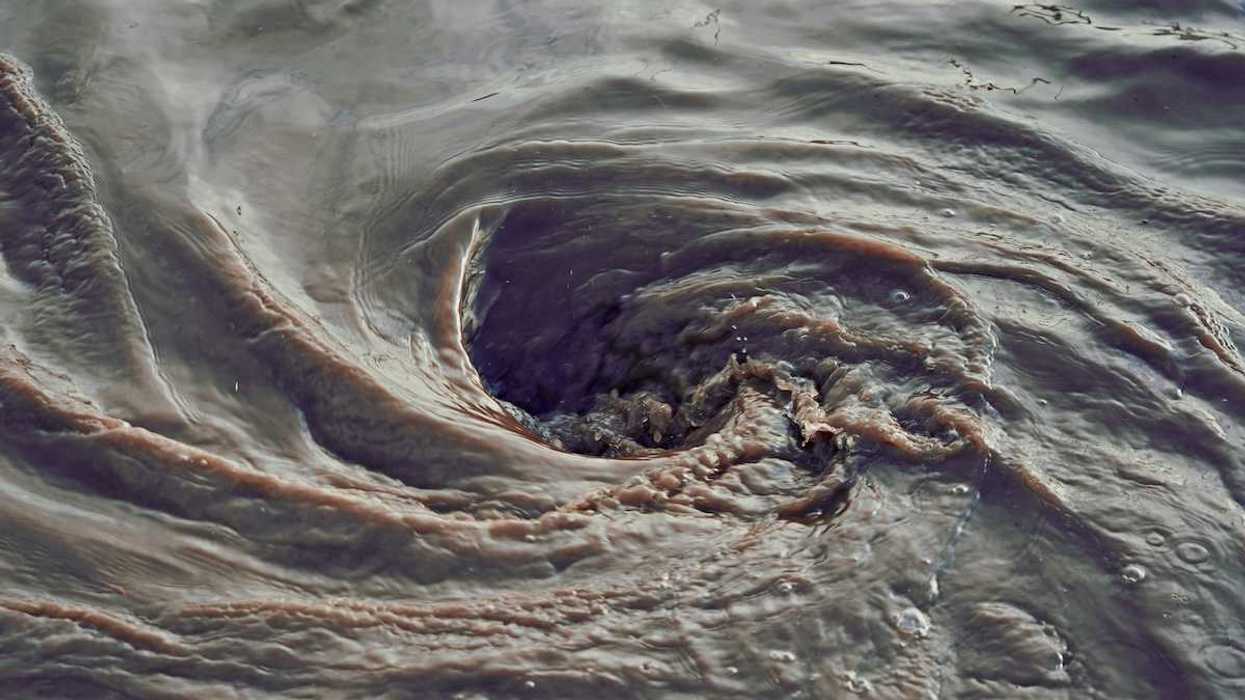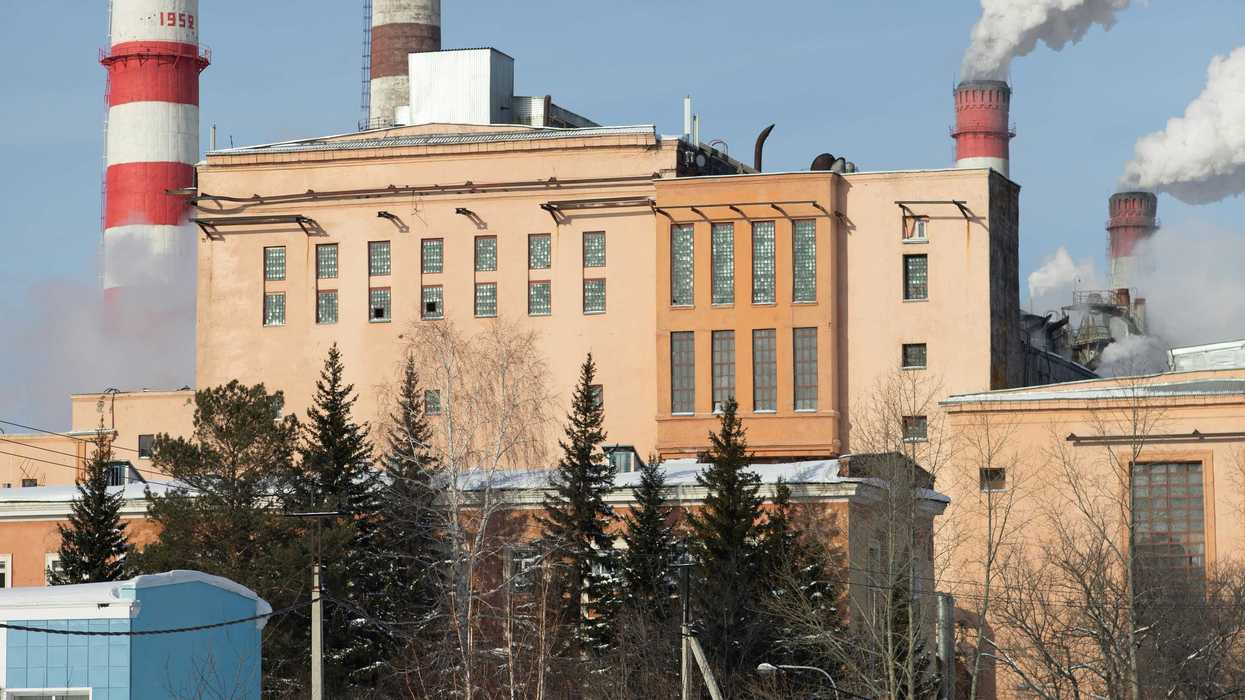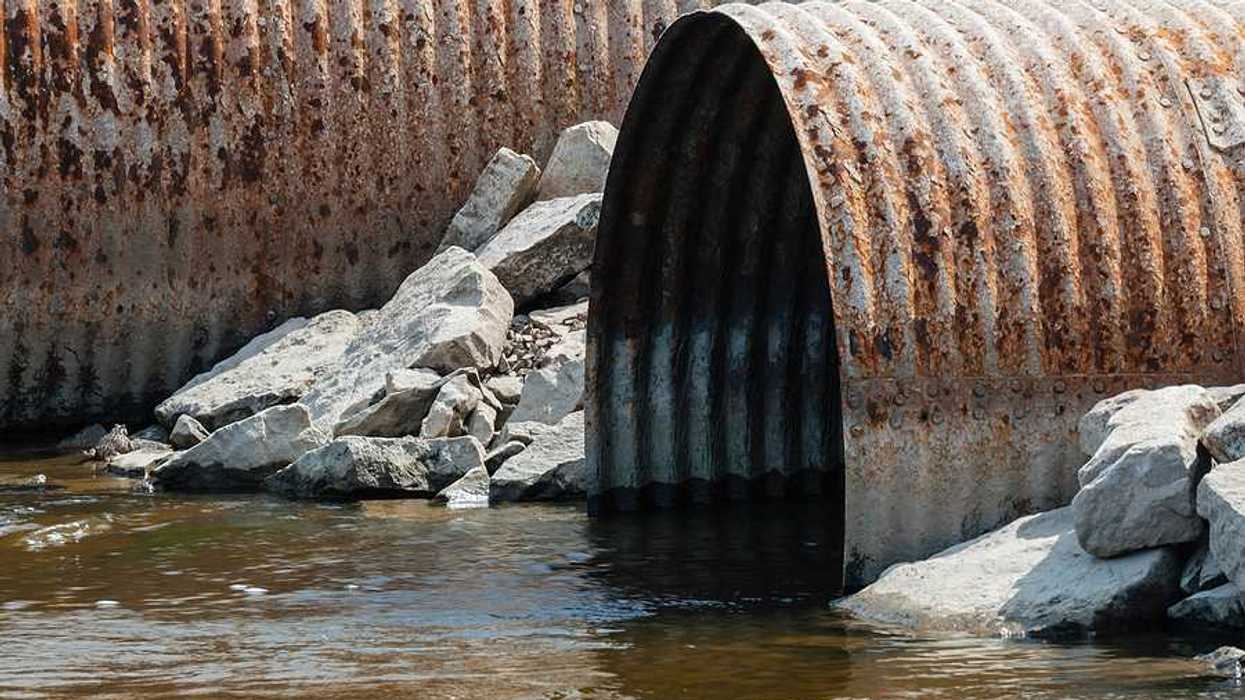Editor’s note: Researchers at Northwestern University last week published a breakthrough paper in the journal Science touting a new way of destroying PFAS molecules – dubbed the “forever chemical” for its engineered longevity. Carnegie Mellon University chemist Terry Collins offers a counterpoint on the optimism.
This is neat chemistry, but it is not a potential solution to the health, environment or fairness dimensions of any real PFAS problem.
One oft-repeated statement is absolutely over the top: “The simple technique potentially could be a powerful solution for finally disposing of these harmful chemicals, which are linked to many dangerous health effects in humans, livestock and the environment."
Why? The environment is already totally unacceptably contaminated with PFAS and will be for decades even if not another PFAS molecule is ever sold again. You would have to be able to apply this new process with prior PFAS concentration to oceans, lakes and rivers just for starters to have a “powerful solution,” and this is a ludicrous thought.
The only viable solution to PFAS pollution is to stop making virtually all, and perhaps all, PFAS compounds. If this was to happen, the environment would slowly compartmentalize its forever PFAS burdens in safer havens, such as by burying in silt layers over time dead animals that have bioconcentrated PFAS during their lives.
The base/DMSO process described in Science might be useful for concentrated PFAS streams, but a much more “powerful solution” would be to not make such streams in the first place. Even then the base/DMSO process is not a nice one, and I wouldn’t want to live anywhere near it.
Using language that suggests you have a “powerful solution” when you don’t gives PFAS manufacturers a “get out of jail free” card when our civilization has to stop making forever chemicals, period!
Terry Collins' views do not necessarily represent those of EHN, The Daily Climate, or publisher Environmental Health Sciences.
- Michigan eyes toughest limits for some PFAS in drinking water ... ›
- Op-ed: PFAS chemicals—the other immune system threat - EHN ›
- What are PFAS? - EHN ›
- Pennsylvania vows to regulate PFAS in drinking water—again—but ... ›
- What it will take for the EU to be a model for safe chemicals - EHN ›
















